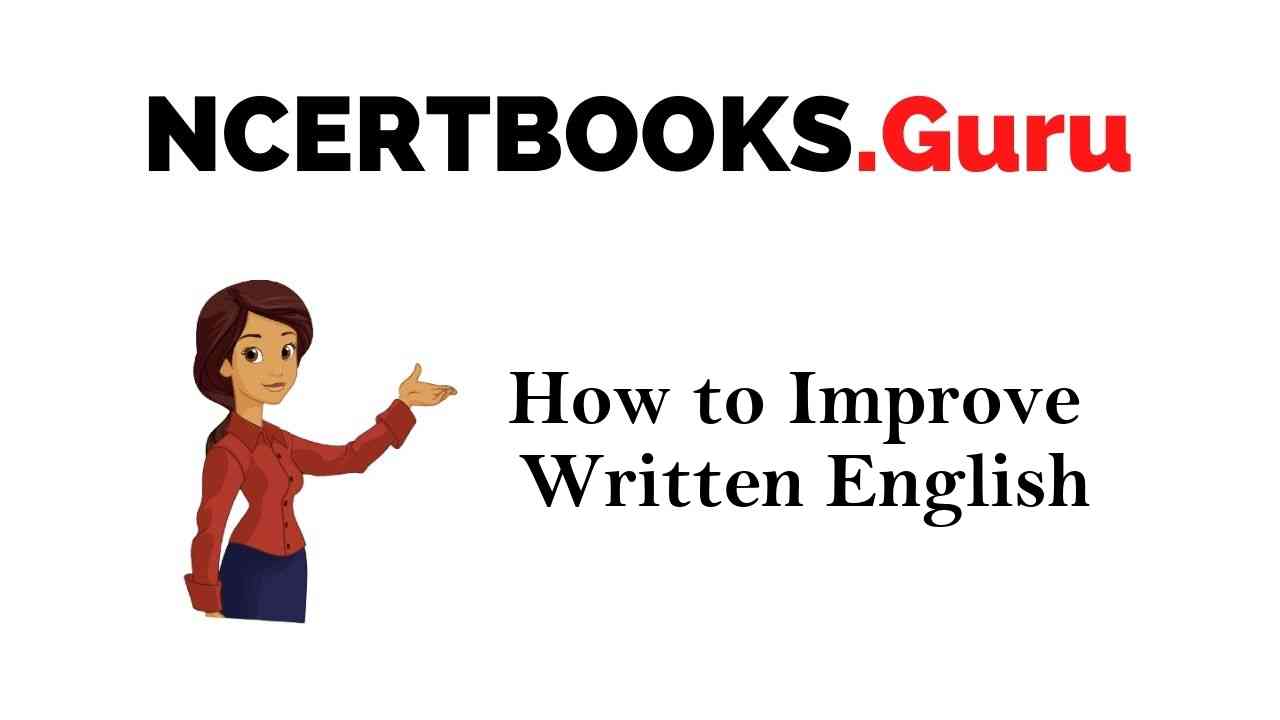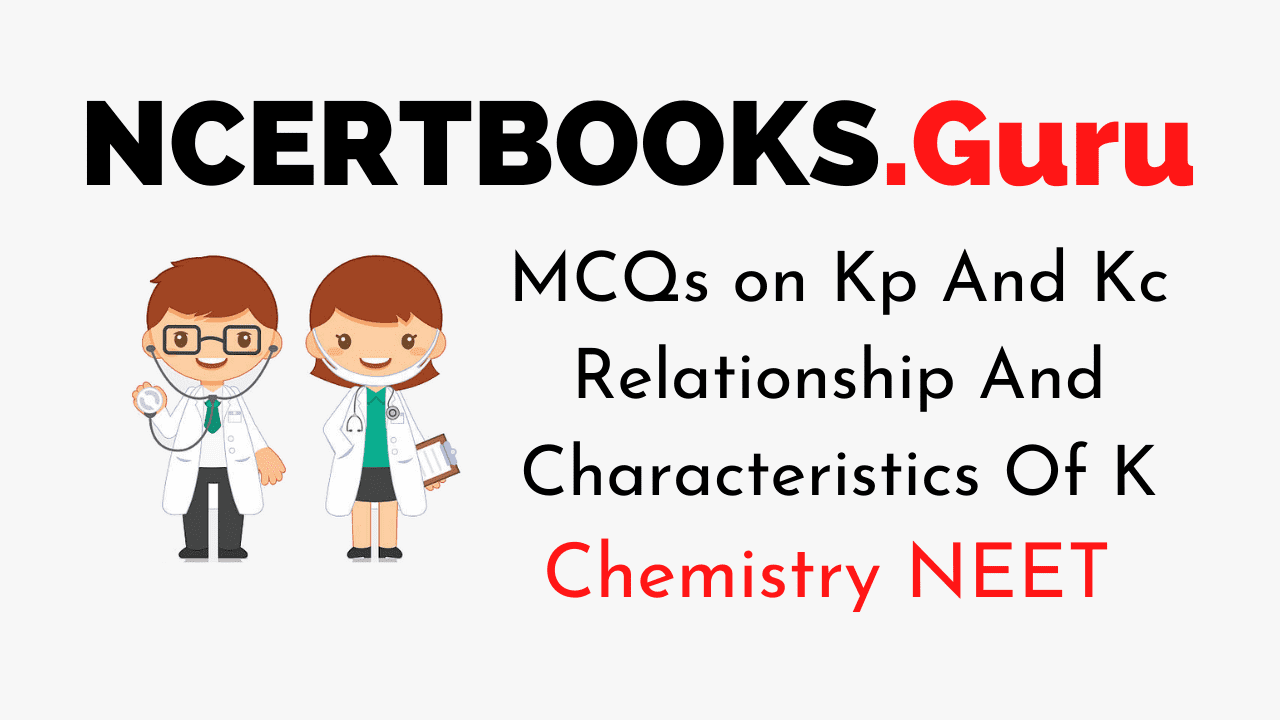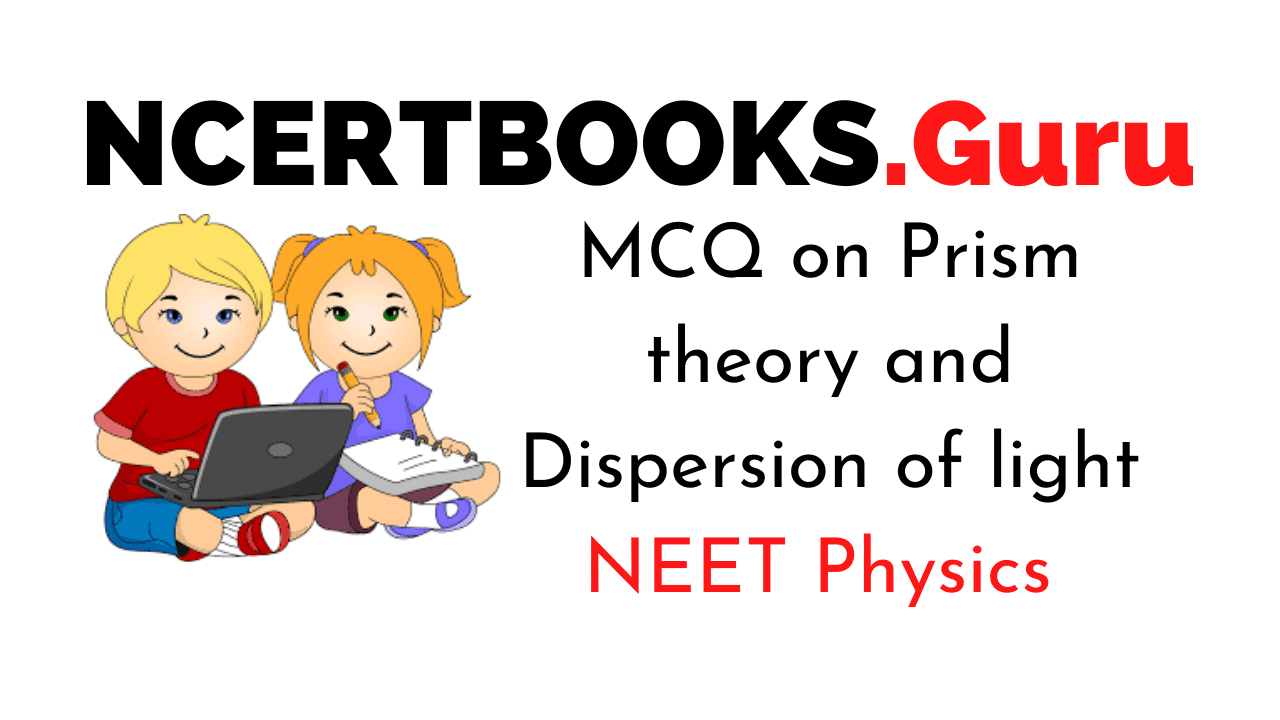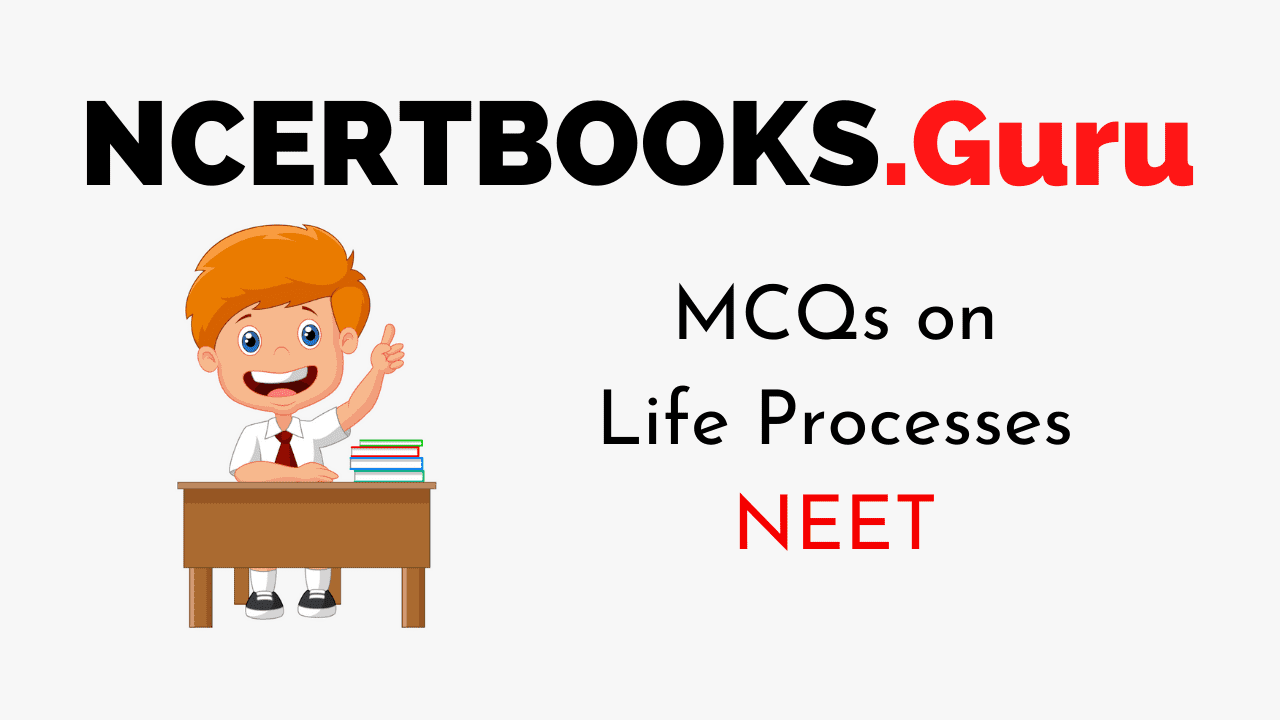Writing an article in the English language is considered to be far more complicated than speaking it. English is a very efficient language, and people who can write it correctly are considered to be well-educated in society. There are a lot of people on our earth who speak English fluently but struggle a lot while it is about writing.
Dramatists, novelists, poets like William Shakespeare, William Wordsworth, John Donne, etc. belong to those elite people who took written the English language to another level by their marvellous literary works. William Zinsser explained how hard it is to write English properly in his book “On Writing Well”. Another iconic writer Kurt Vonnegut said he used to feel like a man without arms and legs who had crayons in his mouth as he used to write more than speaking.
Gather Information Regarding Basic English Skills and become proficient in the language and speak fluently with confidence. Try the Tips over here and Improve your English Writing and Speaking Skills.
5 Simple Ways To Improve Your Written English
Here, we are not talking about those few simple lines for sending text messages. Those are considered to be junk writings. We are talking about written English in essays, journals, news reports, proposals, even literary works, etc.
In this article, we have made five sections on how to improve your capability in writing English efficiently. The five sections contain planning before jumping into any kind of writing, construction of well-developed sentences and other important things for a good article in English.
The five sections we are going to cover here are:
- The Planning Before You Start Writing.
- Learning About the Construction of Fine Sentences.
- Creating Coherent Paragraphs.
- Things You Can Do To Become More Efficient In Writing English.
- Other Important Things.

Section 1: The Planning Before You Start Writing.
In section 1, we are going to talk about three different points for making the plan before writing something in English.
- Preparation of a single structure- a single thought and a paragraph based on that thought is a very important thing. Ronald Kellogg, a psychology professor at Saint Louis University, explained why it is very important to create a structure and how it helps in writing an article. Firstly, collect all the ideas and thoughts that come in your mind while you want something to write. You have to arrange those thoughts or ideas logically, and then you can write one paragraph based on each idea.
An example will be helpful to make you understand this point.
Suppose you want to write something on the disadvantages of social media. So, this is the structure you can mostly rely on to start writing your article.
Introduction
Here, you will have to write a brief background on the topic of why other people need to read your article. For example, you can write the daily usage of social media, how addictive social media are. You can also briefly write the points you are going to discuss in your article so that people get to know what’s coming next.
Let, you gathered few ideas on the topic like wastage of time, virtual relationships, rumours that lead to violence, stalking and other crimes. After the introduction part, you can explain your first idea, i.e. the wastage of time due to excessive use of social media. Similarly, you can then write about the other points or ideas as well in other paragraphs. In the last paragraph, you have to summarise the whole article that you have written. Add other points like your views on the future of us if social media’s effect increases every day.
- You have to be empathetic. All the great speakers of the English language around the world give their speeches keeping the level of audience in their minds. Similarly, in the case of written English, you have to keep in mind about the level of the audience or the readers for whom you are writing the article. Think about the examples that you can give, which will relate to the audience. You must not prepare the same article for college students and for a journal. Empathy for written English should be one of the most important things to keep in mind.
- Expression of opinions and sharing various experiences must be in the planning part for writing something in English. If you very strongly believe in an opinion, you must write about that in your article. You must have gathered various experiences before writing on the topic. Include those experiences in your writing. People love to read about different experiences and gather knowledge from them.
But don’t unnecessarily write your opinions. Write to them only where they are needed. Most report writings will fall under this category if you write your opinions without any purpose.
After we finish our planning part, we have to move to the construction of fine sentences. Whatever plans we make, if we can’t write proper sentences, then there is no point in written English. So, the next section is about constructing well-developed sentences.
Section 2: Learning About the Construction of Fine Sentences.
Here we will be talking about seven points on how to construct fine sentences for an article.
- You have to get proficient in English grammar. Grammar is the most important thing you need to keep in mind while constructing a proper sentence. English grammar contains numerous topics like parts of speech, gender, singular-plural forms, punctuation, phrasal verbs, active and passive voices, etc. Other then these topics English grammar has lots of things that are very important for constructing a sentence that will not only look good but also will sound good while reading that out.
Let me explain why grammar is more important for writers than speakers. If I say, “That fruits colour is red”, you will easily figure out that an apostrophe “s” was supposed to sit after the fruit, not only “s”. But, when you read that sentence, does that apostrophe “s” make any difference? That’s where every writer has to face more challenge while writing than the ones who speak.
All ideas, thoughts that you have got will fail completely in your writing if you can’t construct proper sentences. If you are new to English grammar, then I will suggest you read several grammar books available in the markets. Learn all the topics thoroughly. All the components of a grammar book like tenses, conjunction, punctuation, gender, parts of speech, etc. should be brought together to make a fine sentence.
- Voice is a part of grammar. There are two types of voice. One is the Active voice, and the other is a Passive voice. You have to keep in mind that the active voice is the simplest form of voice. The ore you use active voice, the more people will find it easy to read your article. Active voice is also known as direct sentences. In case of passive voice, there are complexities like changing the verb into the third form; you have to put the object in the beginning and subject in the end. So, many people find it quite difficult to understand writings when the sentences are in the passive voice. But keep in mind, passive voice makes sentences more beautiful, kind of poetic. So, if you are writing poems or any other literary work, then you may use passive voice.
Example of active voice: You didn’t bring this flower for me.
Example of passive voice: This flower was not brought by you for me.
- You must have heard of abstract sentences. Abstract sentences are those sentences which have abstract nouns in them and make the sentence qualitative. Abstract sentences don’t make a sentence very clear to the reader. This is why you must think about writing concrete sentences. If you see the following examples, then the concept of abstract and concrete sentences will be clear to you.
Abstract sentence:
Today’s weather is very beautiful.
Finally, the weather is improved.
If we write concrete sentences trying to explain the same thoughts as of the above abstract sentences, then we will have to write,
Cold winds are blowing outside, but it is comfortable.
The rain has finally stopped, and the sun has come out again.
You have to keep in mind that when you are writing concrete sentences, you have to clarify each and every “abstract” thing. Like, if you are thinking about using “ahead of time” in a sentence, then you must mention the exact amount of time. Example- If you have thought of writing “I finished my work ahead of time”, then write it like “I finished my work two days before the deadline” or whatever time you think.
- Remember to use appropriate words to maintain the relationship between clauses or sentences. Let me give you an example. In the following three sentences notice the difference between the words that are joining two sentences or clauses.
He fell on the ground and hurt himself, and kept on playing.
He fell on the ground and hurt himself, but kept on playing.
He fell on the ground and hurt himself. Nonetheless, he kept on playing.
In the first of the above three sentences, you can see that, “and” is used to link between the sentences. But, in case of the next sentence, “but” is used as a linker for the sentences. In the above example, we can see but acts as a more effective word to link the sentences. Mostly we use additive words to link two or more sentences or clauses, but we have to keep in mind that non-additive words have a large capacity to make compound sentences look beautiful. We also keep ourselves limited to non-additive words like “but”, “because” and very few other words to make them act as a linker.
Here are some examples of the non-additive words that act as a linker between two or more sentences or clauses. “But”, “yet”, “while”. “in contrast”, “on the contrary”, “nonetheless”, “however” , “whereas”, “since”, “because”, “after”, “before”, “although”, “compared to”, etc. are some of the most used non-additive words that are used to link two or more sentences or clauses.
- When you are writing a sentence, try to keep it short. People prefer reading shorter sentences, as we all understand short sentences fast. For example, if we say, “Once there live a young woman who had a husband and a child, used to work hard for her family and finally was able to send her child to a school”, then it would be quite difficult for a common person to understand the whole sentence in one go. Now, if we break that sentence in a few more sentences, then they will be shorter and easily understandable to common people. We can write sentences like, “Once there lived a young woman.” “She had a husband and a child.” “She used to work hard for her family.” “Finally she was able to send her child to a school.’ Look, how the sentences have become shorter and easily understandable to you.
- You must have to be very proficient in punctuation, especially the common ones. Comma, full stop, question mark, exclamatory mark, apostrophe, colon, semi-colon, a hyphen, inverted commas, etc. all these are known as punctuation marks. Punctuation marks are used to express the sentence, and sometimes the marks indicate where to stop. A full stop is a dot that indicates the completion of a sentence, whereas, a comma tells you to stop for a while and then start reading the sentence again.
- If you have heard about active vocabulary, then try to improve that. Do you know the difference between an active vocabulary and a passive vocabulary? You understand almost all words while reading something written in English. But, mostly you don’t use even a tiny fraction of the words in your article or speech. The words that you don’t use in your article form passive vocabulary, and the words that you use, form your active vocabulary. Suppose you have found difficult words like nonplussed, enormity, unabashed, etc. in an article. There will be always high chances of you not using those words in your speech even if you know the meaning of those words. But in most of the sentences if you find simple words like sleep, games, eat, late then you will use them in your writings mostly. So, always try to put new words that are uncommon, in your speeches. That will help the readers to grow more interest in reading your articles.
Buy a dictionary and go through the meanings of different words. Browse different examples on the internet on the usage of different words in sentences. More importantly, you have to use those words in your own articles or speeches. Keep in mind that using fancy words won’t make your speech look more beautiful. In fact, it will make your speeches look worse. Always choose a constructive word that sounds good and has meaning known by almost all. For example, choose argumentative over cantankerous. We all know Shashi Tharoor. You must avoid the words he recommends in his daily columns for your own speeches.
Section 3: Creating Coherent Paragraphs.
Here in this section, we will talk about six different points on how you can make coherent paragraphs.
- You have to get rid of blank-screen syndrome first. The blank-screen syndrome is a very challenging thing for people who write mostly. When you are everything you need to write articles or others, but you can’t find where to start, then probably you are suffering from the black-screen syndrome. Kurt Vonnegut, mentioned above, told how hard it is to write English. He also suffered from the blank-screen syndrome. But how can you overcome this syndrome? Well, there are two ways explained below following which you can get rid of this syndrome. For that, you will have to be very determined.
Before you start writing something on a topic, make sure you have made a structure or a rough sketch or outline on various ideas on the topic. When you have the structure or outline, then it will be easier for you to start writing different paragraphs. We have explained this in the very first point of this article.
Don’t get distracted by any other things while you start writing. Try not to keep any mobile phone, laptop. If you are going to write on a laptop, then don’t use the internet. Now start writing. If you are a newbie of writing speeches or articles, then just write for 5 to 10 minutes at first. Don’t write more than that. Don’t try to make any sentence perfect before writing another one. Make your first draft and then come back later for editing your first draft. I know, your first draft will be awful. But don’t worry. You are just a beginner. Gradually you will learn to make better first drafts. For the first time, you are writing a very short period. Later on, you will write for more time. This is how it will improve your writing and overcome blank-screen syndrome.
- Bring variation in your sentences. Variation in sentences is actually a variation in the lengths of sentences in your speech or article. Sometimes when you continuously use short sentences, the reader might get bored. Thus always remember to play with the length of your sentences. Start with dew short sentences. Then move to medium length. When you think that the reader has read enough short sentences in your speech then write a sentence of a bit more considerable length. That will make your speech not to look monotonous. Gar Provost was one of the most famous writing instructors in the United States. He wrote twenty-four books of multiple genres. He once explained the variation of sentences. He said it’s okay to write sentences of just five words. But when you write several five-words sentences one after another, then the speech will be monotonous. He used to create music with the variation in his writings. His writing had a pleasant harmony, a little rhythm that helped the readers grow more interest in reading his writings.
For example, I am a boy of nineteen. I am reading in college. My father works in an office. My mother works hard for us.
Now read the above sentences. Didn’t it get boring as all the sentences contained the same number of sentences?
I am a nineteen years old boy. I go to college now. My father is a serviceman in an office, and my mother works hard for us too.
Now read the above sentences. They sound a bit better. The variation among the sentences made them sound better.
- Always keep your focus only on the topic you are writing. When you are writing on a particular topic, make sure you are not writing unnecessary things for more word counts. Try to write more and more on keeping your focus on the same topic. I have seen many people writing job application with missing out important points like what kind of job they are eager to join. So, every time you write something, ask yourself if you are writing on the topic several times while writing. That will help you to maintain your focus on your topic.
- You must not write and edit your speech at the same time. All the great writers make their first drafts, and later after completion of writing their first drafts, they start editing. Editing and writing are two different skills. That’s why there are editors who will polish your writing. If you concentrate on writing and editing at the same time, it will make your writing speed very slow. Keep in mind, every first draft of any writing is awful. But after making the first draft when you edit your whole writing, it will look far better and polished. After writing their first drafts, all the famous writers check all the paragraphs they have written and then go for editing. They always keep a basic structure of an article or essay in their minds. Ernest Hemingway, who was one of the most famous and influential authors of the 20th century, said that first draft of any writing is garbage. So you don’t need to worry if you read your first draft and it looks bad. It will improve gradually.
- Always try to edit your writing after some time. What happens when you take a break before editing? When you take some time after finishing your first draft, you may get new ideas for your topic. With the fresh eyes, you will also be able to criticise your own writing quite better. An interval of time between your first draft and editing also help you to think more about new ideas. What does editing contain? Editing most of the time is about checking the spelling and grammatical errors in your writing. Now there are several software and applications like Grammarly for checking the punctuation, spelling, grammatical errors. Now, even google docs help to keep an eye on the grammatical errors in writing. But, always prefer to proofread your article by yourself. William Zinsser nicely explained how to edit your article, in his book “On Writing Well”. Re-examine each word of each sentence. Don’t hang on to a useless sentence just because it looks beautiful. Express your thoughts more if possible.
- Increase the credibility of your writing through researches, data, quotes, etc. Advanced search like Google Scholar is one of the most trusted online research sources you can rely on for your article. If you are writing something on literature, then give Google Scholar a try. You will find citations under each link, and that will help you to understand the popularity of the research paper. You can also adjust your date range in Google Scholar via “Tools” to search for recent works. Google will provide you with the most recent research articles and journals by default. If you want to search explicit phrases, keep the topic inside inverted commas. Let’s say you want articles on “Inbound Marketing.” If you want explicit content on the topic, then keep the topic name inside inverted commas. Another way of finding trusted data is to search for a particular website. You know different websites will give you different stats and data. So, you must get confused about which one is correct. So, it will better for you if you choose one website on Google and rely on the data on that website. To search about correct statistics on a topic, you have to search the topic name with statistics on google. That will help you to find correct stats on the topic you want.
Section 4: Things You Can Do To Become More Efficient In Writing English.
In section 4, we are going to talk about eight different points on how you can become a more efficient writer of the English language.
- Make a habit of reading English more and more. The more you will read, the more you will learn new words. Other than this, you will be able to find new ideas on various topics. You can also adapt to the styles of famous writers. If you are a beginner, then you will learn more about the usage of specific punctuation, grammar and vocabulary.
- You can sometimes break the barriers of grammar for doing your writings reader-friendly. Carol Dweck, in her legendary book “Mindset”, wrote about breaking grammar rules in writings. She herself broke grammar rules quite often in her book. She used to start sentences with “And”, “But” and end sentences with prepositions. But you have to remember that, knowing the grammar rules properly is the most important thing before breaking them.
- If possible, try to maintain a journal. Robin Sharma is the author of one of the bestsellers “Monk Who Sold His Ferrari.” Michael Hyatt is the chief executive officer of Thomas Nelson Publishers and author of many bestselling books. Timothy Ferriss, Ryan Holiday is also known, authors. All of them maintain journals. Almost all the writers maintain journals. They take note of every new idea that comes across their mind. That’s how they can create incredible contents. If you also want to be a great writer, then try to make it habit of taking notes. There are several things like analogies, data, new ideas, examples that rarely come in your mind. Keeping a handy journal will help you to note down all those things. You may not have a paper and pen always with you. But in today’s everyone carries a smartphone everywhere. In your smartphone, you will find application like Evernote where you can write down those ideas, examples, analogies and other essential things. Later, when you sit to write your speech or article, then take those examples or data from your journal.
- Learn different things from Crawling method. Crawling means reading slowly. I used to crawl a few pages of various articles and speeches to improve my skills in written English. Sometimes I used to slow down suddenly while reading a book or article to notice everything in writing. I could notice the choice of words as I used to take more than 15-20 minutes to read two pages. Sometimes I used to take more than what it usually takes me to finish a page. If you crawl too, you will find different variation in lengths of sentences, punctuations, creation and demolition of arguments, etc.
Crawling method can also be compared to a type of scrutiny. By crawling, I used to try to find out the application of grammar rules and other things that I have read in different paragraphs. Sometimes I noticed that grammar rules were broken too in some paragraphs.
- Start practising like Benjamin Franklin. Benjamin Franklin is believed to be one of the most accomplished Americans of his time. You will be surprised to know that even he was very poor at writing English when he was young. But, he determined to improve his ability in written English. So, he chose a few good articles from “The Spectator”, one of his favourite magazines, and made summaries of them in a few sentences.
After writing the summaries, he came back and wrote the articles in his own words. If you read something and after a very less interval of time if you start writing something related to that topic then you will unknowingly copy the style of the article that you have just read. But if you give more time between reading and writing the article, then you will be able to write those things in your own words. Benjamin Franklin used to compare his writing with the original work after writing those articles in his own words. This is how he used to learn various things for improvement in written English.
He himself said that he took some papers and made short hints and sentiments in each sentence. He then wrote them down as a summarised version. After a few days, he wrote in his own words. He also said that later he compared his work with the original work in “The Spectator” to find out all the faults in his work. He used to jumble up all the ideas he got before writing, and then he used to logically make the best order of ideas to write his own article.
- Sticking to a niche can help you to be a better writer. If you want to hold to your writings for your own professional gains, then you must stick to a niche. You must be publishing your article, or you want to publish very soon through your own blogs or platforms like Quora and other blog mediums if you want professional gain. If you write on a single topic for a long period, then you will gain reputation and immense experience in the field of content writing. You can gradually build your own brand. There are several content writers who write on a particular niche. Many business deals happen as those writings are so attractive. Casey Winters is an example of such a writer who writes about her experiences, and she has gained much reputation in this field.
- If you are willing to be an efficient writer, then prefer quality over quantity. If you write lengthy contents without the main context or your experiences, opinions, then those contents won’t be treated as good by the readers. Remember that quality writing in a month is far better than ten contents without quality.
- Keep the practice of writing on a regular basis. Writing is a skill and if you want to polish the skill and improve it, then practise writing more. Practice makes a man perfect. You must have heard of that proverb. Start with small paragraphs. Initially, you will feel bad about the quality of your writings, but gradually you will learn to make coherent paragraphs only if you keep on writing daily. Even if you are busy, maintain a frequency to write. If you maintain regularity, you will definitely become better.
Section 5: Other Important Things.
Here in this section, we will talk about two important points that don’t belong to the typical ways for the betterment of written English.
- If you are writing something on a particular topic for a soft medium like web, word or document, then you must follow some basic rules that will help the readers follow what you have written easily. Reading emails, PDF files, web articles can be very painful for our eyes. So, to keep those articles easily understandable for the readers, you can write small paragraphs so that their brains get that faster. Try to use headings and sub-headings frequently. Make various points (you can use numbers or bullets whatever you want). In the MS Word, you can easily adjust the gaps between two lines or paragraphs. Keep the alignments very simple. If you think your article is getting bigger then for the readers you can use images too. We all know that visual things are memorised faster than written things. Try to make a compelling title to your article. Avoid click-bait titles. That will mislead the audience and may lead to the lower reach of your articles. When you are writing something, you have to be very patient. Don’t jump from one website to another, frequently. Try to make a suitable and attractive title. Many times the audience ignore articles just because their titles are not attractive. Imagine a long article getting ignored just because its ten words title is not compelling.
- You have to understand one thing that it will take an extremely long time initially when you start writing speeches or articles. If you are already aware of the problems that you are going to face while writing or speaking then, you are more likely to improve faster. One of these problems is a slow beginning. During the beginning of writing something, you will find everything moving very slowly. At that time, don’t try to compare yourself with an expert in written English. That will demotivate you and may force you to quit writing. Initially, you will take almost five times more time than an expert takes. But that’s completely fine. You are just a beginner. All the great writers even took many hours to write their first-ever draft. All the mentioned writers in this article once faced blank-screen syndrome, slow beginning and many other things. So, be patient. Keep practising. You will improve day by day.
If you have gone through all the sections and the points under each section, then you may have got a basic understanding of how to improve written English. English is the most used language all over the world, and being an expert of this language will not only make you reputed but also make you get settled well. All you need to do is plan thoroughly. Make a rough sketch or outline about your topic. Bring all the ideas together, and if you find some rare examples, data, analogies, take note of them in a journal. Keep in mind that in the beginning, it will take you an extremely long time. Don’t get distracted. Learn everything of English grammar well. Sometimes you can break the grammar rule to make sentences look beautiful, but for that, you will have to learn grammar properly. Read more books, newspaper, journals, reports, etc.





